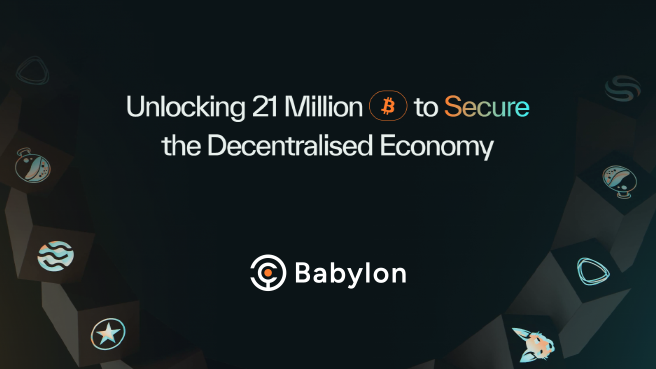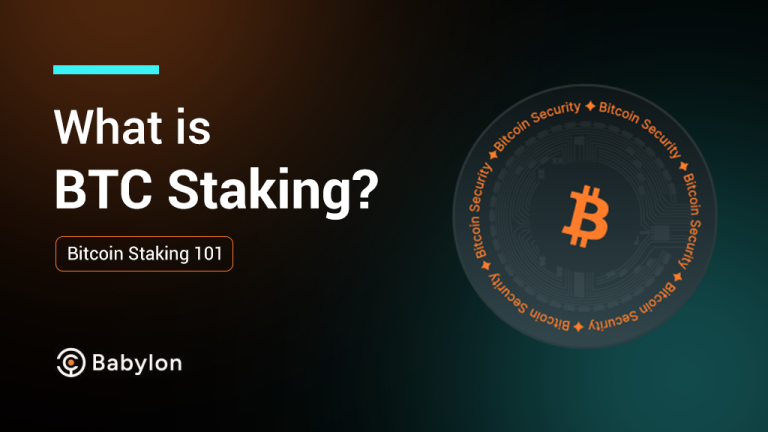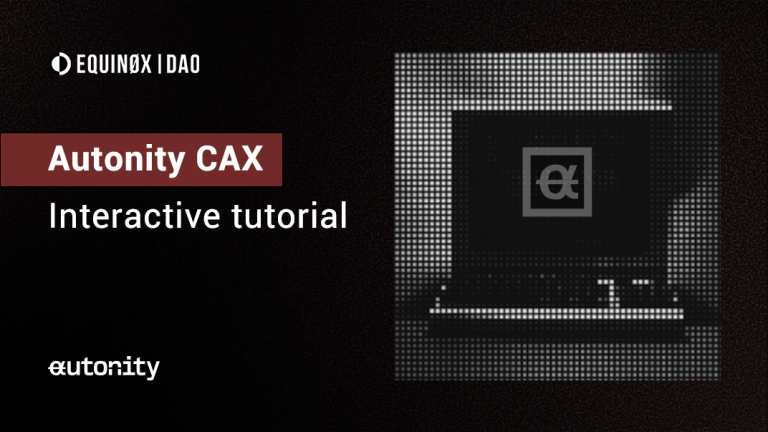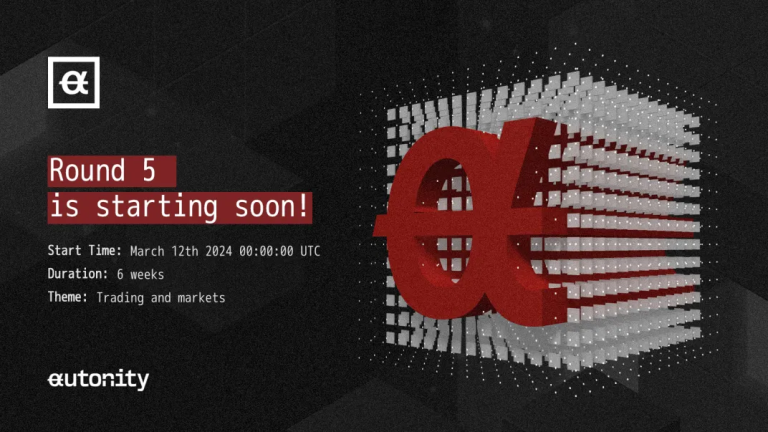STAKING SERVICE
Validator
Low fees, reliable and secure infrastructure, active governance participation, auto-compounding rewards.
Mainnet
Testnet
RELAYER
Relayer/RPC/API
We are relaying on multiple chains and provide RPC/API/gRPC endpoints.
Latest Blog
FAQs
What is Staking?
Staking is a part of Proof-of-Stake consensus mechanism used by specific blockchains to verify new blocks of data being added to the network. Staking enables users to receive passive income just by delegating the crypto assets!
You lock your funds in a cryptocurrency wallet to support the security and operations of a blockchain network and receive rewards in exchange.
How Does Staking Work?
To start staking coins, you need to select a coin, accumulate enough of it for staking and find yourself a pool.
Working with staking services is very straightforward and allows you to forget about all the technical hassles.
The pool will provide you with all the stats about your stake and reward share, and its support can assist you in case you have questions.
Every service has a wallet address for a certain coin, and the only thing you need to do is delegate your stake to it.
Once you do it, you are staking!
Is it Safe?
Staking is comparable with sending your funds to someone, but don’t worry.
They can’t spend them and you retain full control of them. However, pools will have a possibility to cheat you, give smaller rewards, and use other possibilities of the protocol.
Hence, you should always do your own research, and trust only pools that are transparent enough.
Check our all the stats, research for the people behind the business and their contacts, check if they have any other blockchain-related businesses.
Who are Validators?
Validators in PoS networks are involved to confirm transactions in the network and add blocks to the blockchain. For this purpose, they run nodes and collect transaction fees that incentivize their activities.
To become an active-set validator you have to get a technical setup and stake significant amount of tokens according to the rules of a particular blockchain.
























